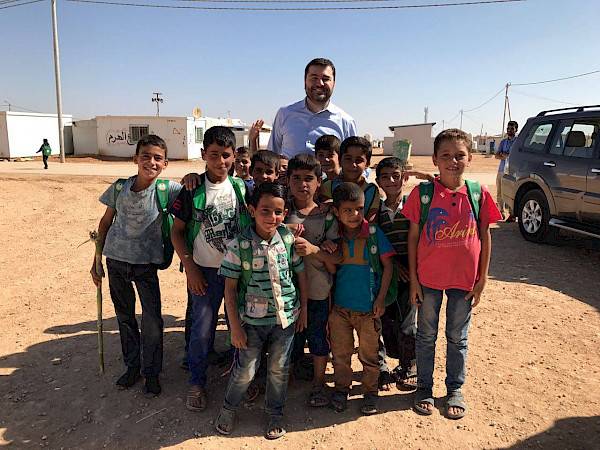Episode transcript The transcript is generated automatically by Podscribe, Sonix, Otter and other electronic transcription services.
Hello, everyone. Welcome to the five minutes PM podcast today, a very special Podcast directly from the Zaatari camp in Jordan, around 50 miles away from I'm on the couch and around 75, eight miles away from the Syrian border. You all know about the War and the conflict. And just to give you some idea of the proportion of what we are talking about, Jordan received more than half-million refugees and these refugees, they were allocated, of course In with the society or on the cities.

